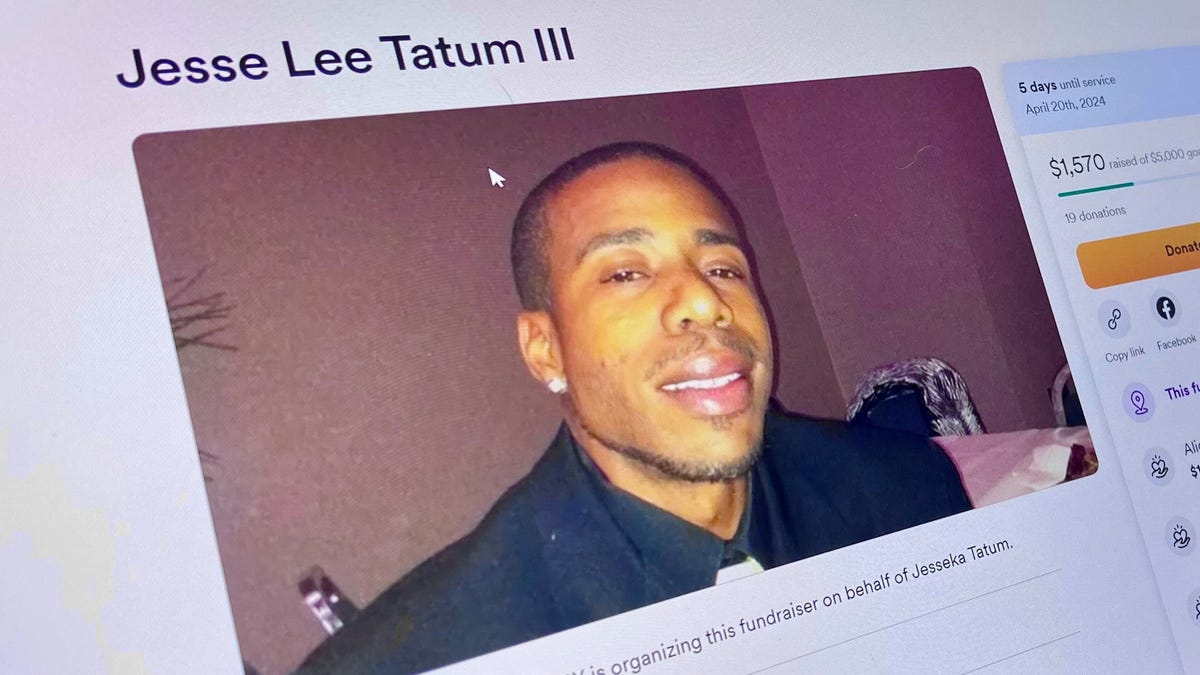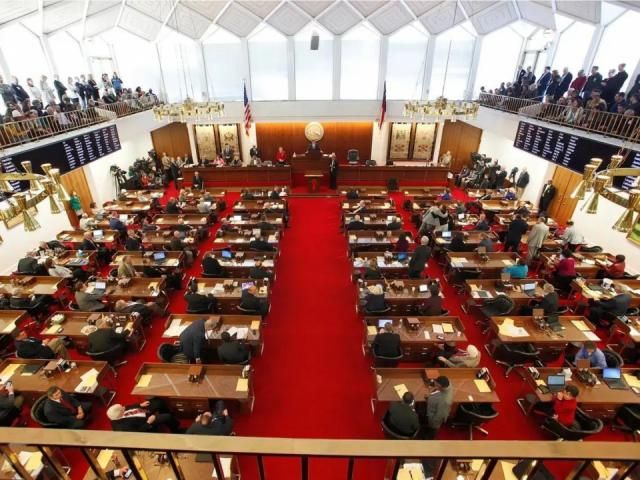CHARLESTON, West Virginia (AP) — West Virginia and North Carolina’s refusal to cover certain health care for transgender people with government-sponsored insurance is discriminatory, a federal appeals court ruled Monday in a case likely headed to the U.S. Supreme Court.
The Richmond-based 4th U.S. Circuit Court of Appeals ruled 8-6 in the case involving coverage of gender-affirming care by North Carolina’s state employee health plan and the coverage of gender-affirming surgery by West Virginia Medicaid.
After the ruling, West Virginia plaintiff Shauntae Anderson, a Black transgender woman and West Virginia Medicaid participant, called her state’s refusal to cover her care “deeply dehumanizing.”
“I am so relieved that this court ruling puts us one step closer to the day when Medicaid can no longer deny transgender West Virginians access to the essential healthcare that our doctors say is necessary for us,” Anderson said in a statement.
West Virginia Attorney General Patrick Morrisey immediately released a statement announcing his office’s intention to appeal.
“Decisions like this one, from a court dominated by Obama- and Biden-appointees, cannot stand: we’ll take this up to the Supreme Court and win,” Morrisey said.
During oral arguments in September, at least two judges said it’s likely the case will eventually reach the U.S. Supreme Court. Both states appealed separate lower court rulings that found the denial of gender-affirming care to be discriminatory and unconstitutional. Two panels of three Fourth Circuit judges heard arguments in both cases last year before deciding to intertwine the two cases and see them presented before the full court of 15.
In June 2022, a North Carolina trial court demanded the state plan pay for “medically necessary services,” including hormone therapy and some surgeries, for transgender employees and their children. The judge had ruled in favor of the employees and their dependents, who said in a 2019 lawsuit that they were denied coverage for gender-affirming care under the plan.
The North Carolina state insurance plan provides medical coverage for more than 750,000 teachers, state employees, retirees, lawmakers and their dependents. While it provides counseling for gender dysphoria and other diagnosed mental health conditions, it does not cover treatment “in connection with sex changes or modifications and related care.”
In August 2022, a federal judge ruled West Virginia’s Medicaid program must provide coverage for gender-affirming care for transgender residents.
An original lawsuit filed in 2020 also named state employee health plans. A settlement with The Health Plan of West Virginia Inc. in 2022 led to the removal of the exclusion on gender-affirming care in that company’s Public Employees Insurance Agency plans.































